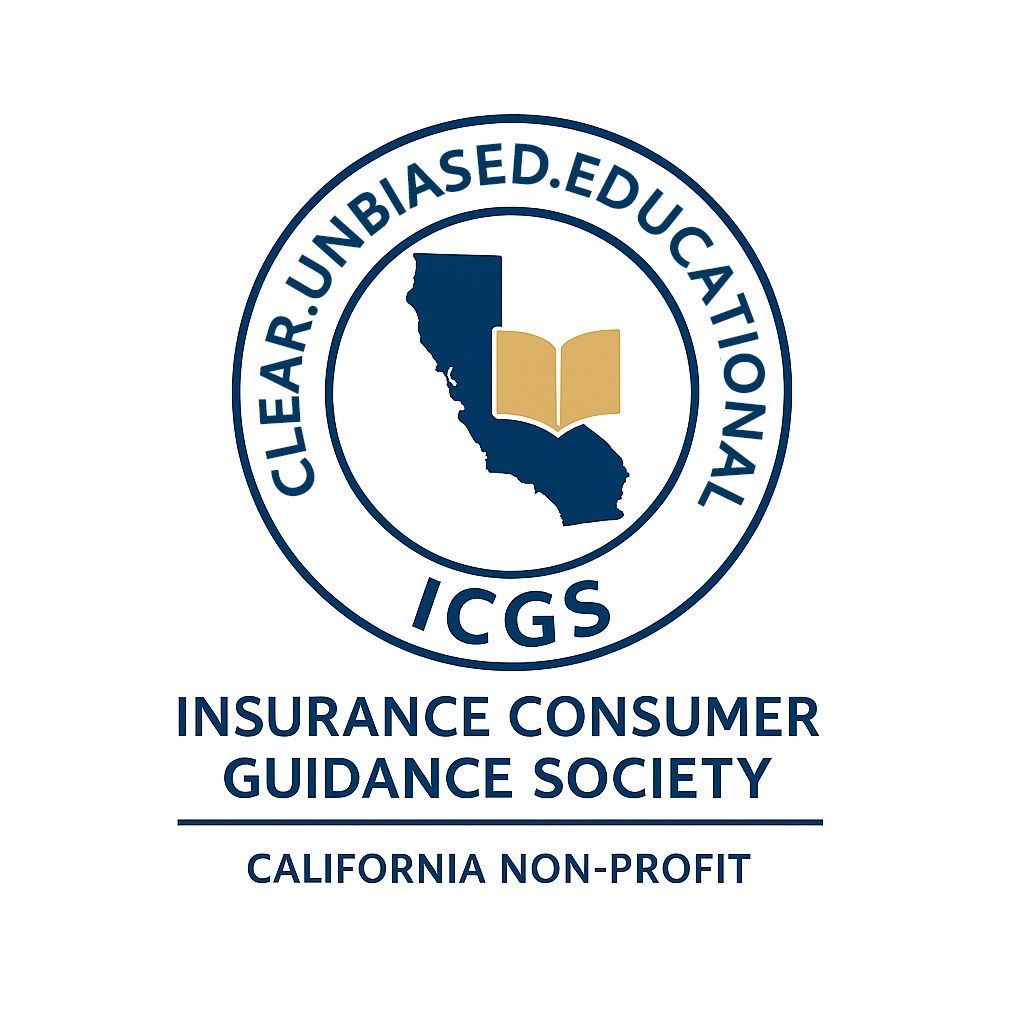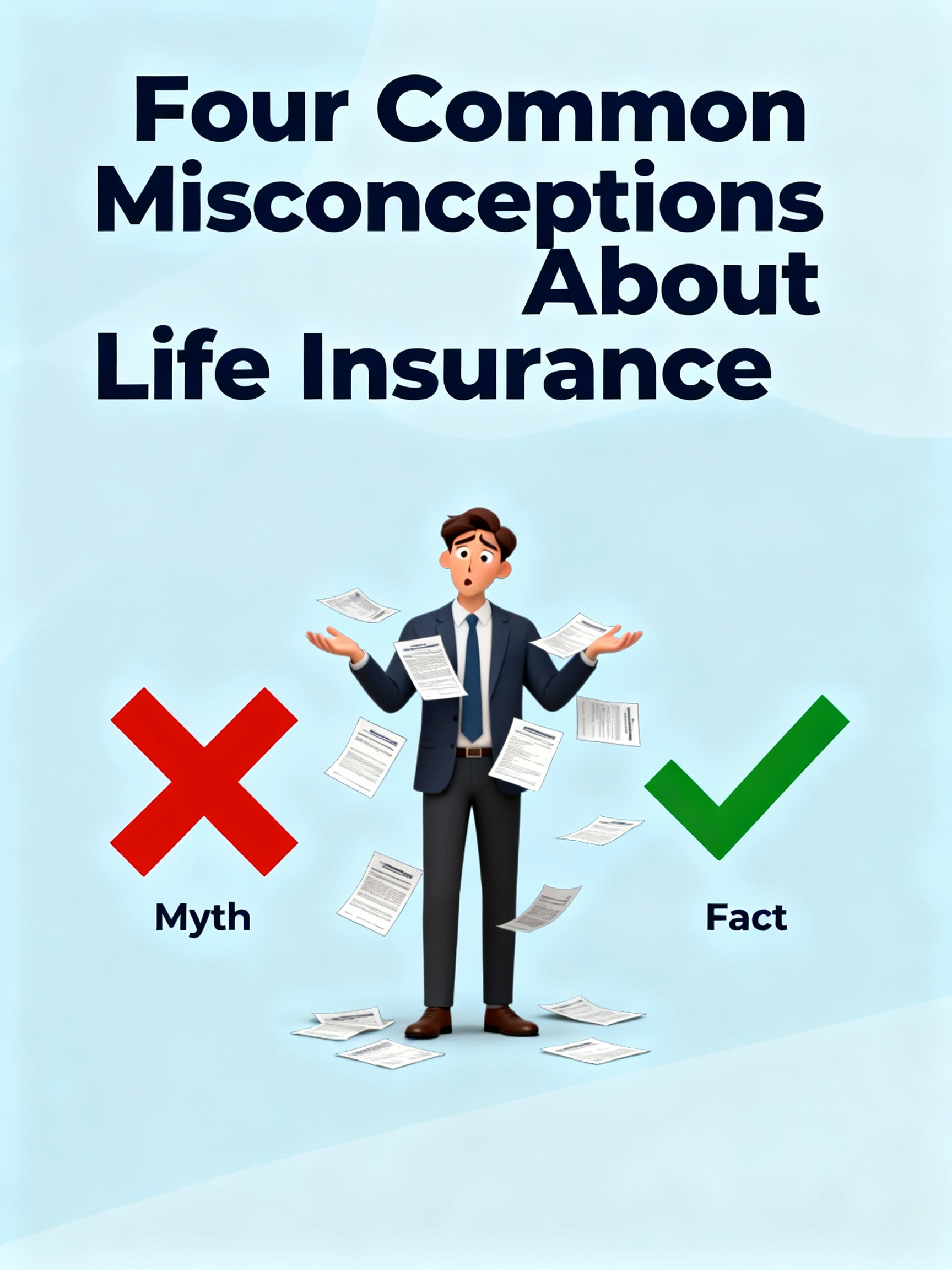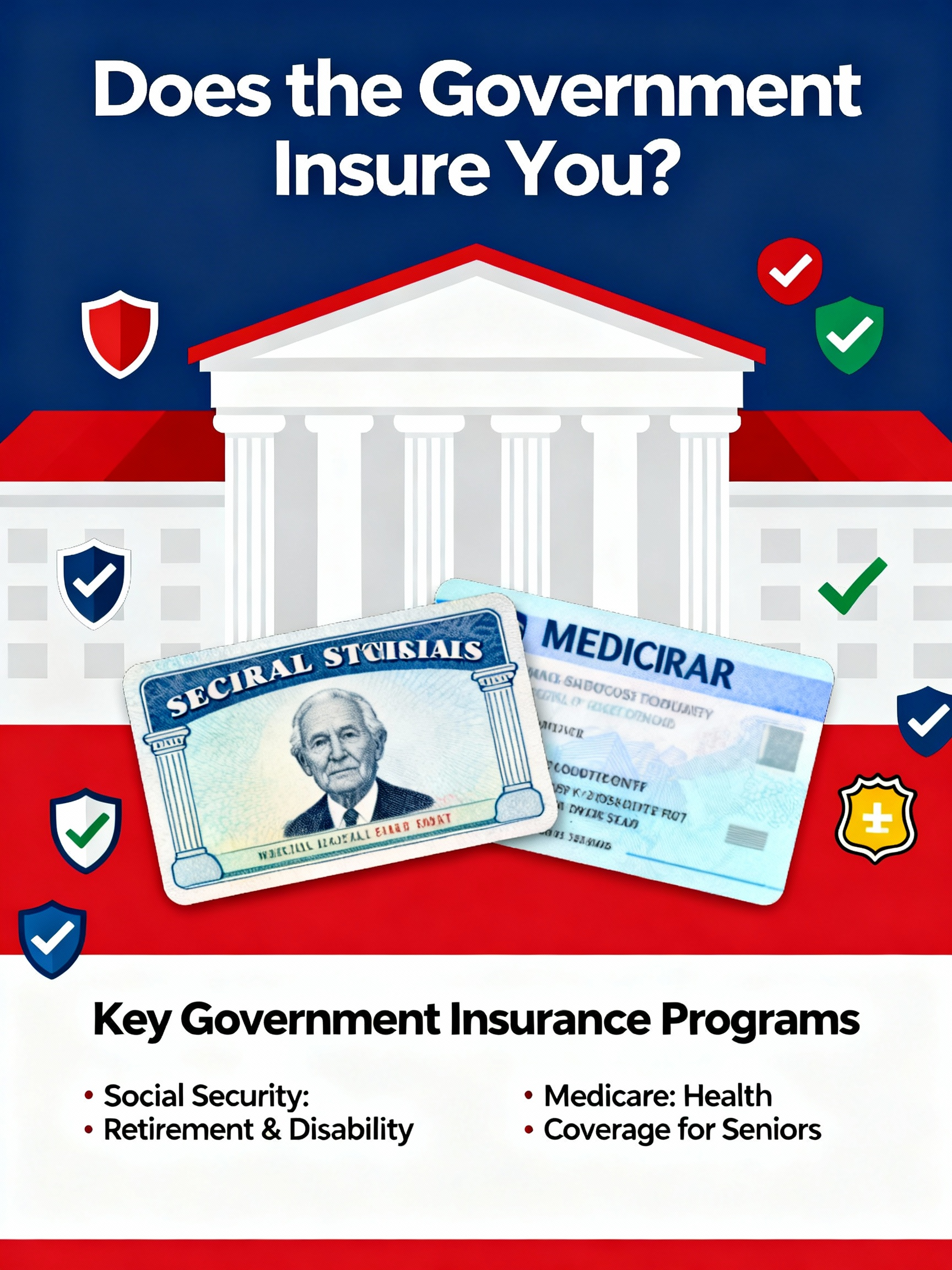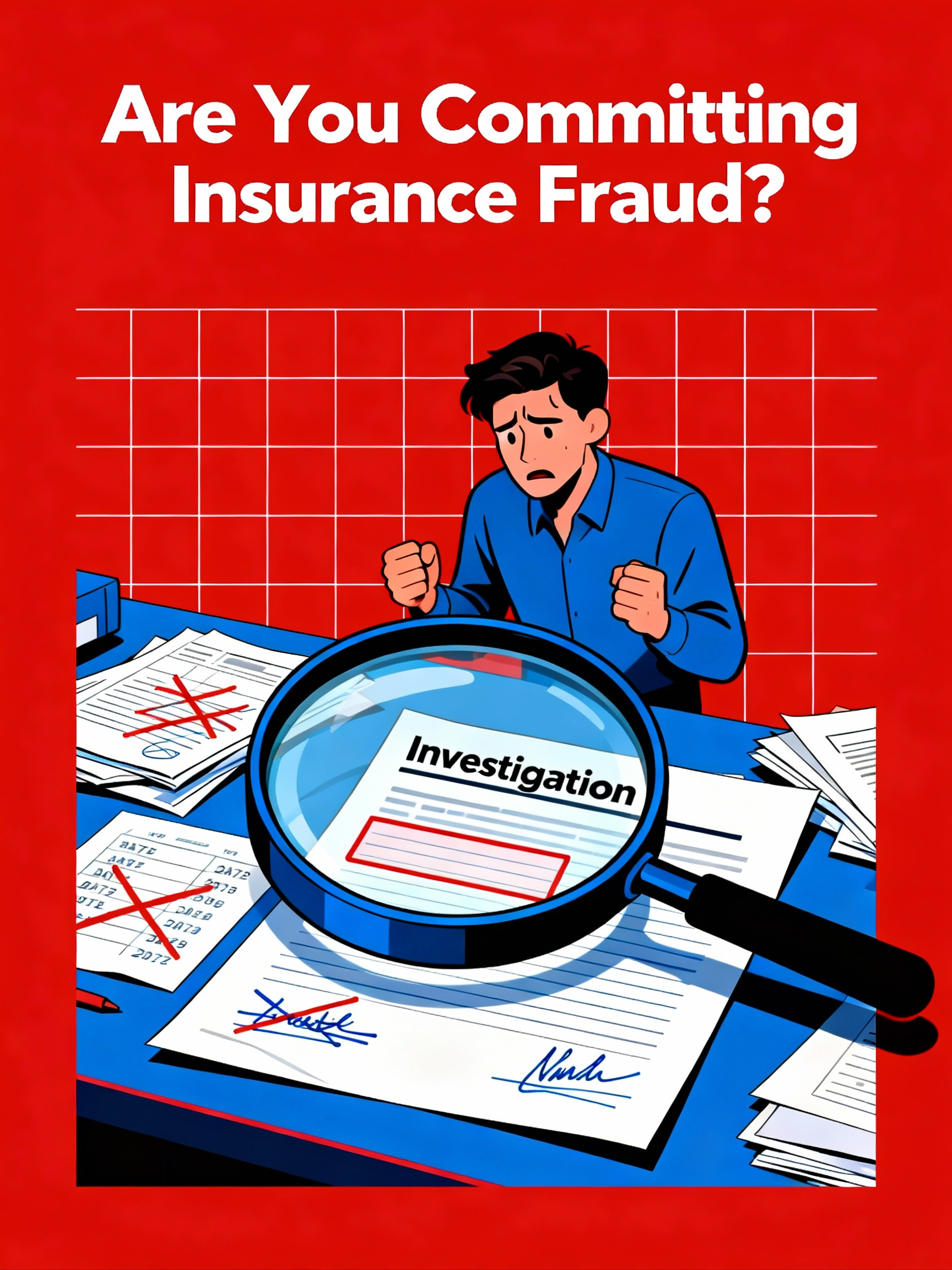The Real Value of Independent Insurance Agents
Published Date: 10/08/2024
Most people think of insurance as forms, fine print, and monthly premiums — a necessary evil rather than a profession built on purpose. But industry veteran Clebe Best, Vice President of the Independent Insurance Agents and Brokers of Arizona (IIABAZ), says that view misses what really drives the business.
“Insurance isn’t boring,” Best told host Karl Susman on Insurance Hour. “It’s a profession built on helping people — we’re selling a promise. And when you deliver on that promise, it feels incredible.”
That idea — that insurance is a promise and a relationship, not just a transaction — shaped their entire conversation. Together, Best and Susman explored what it really means to be an independent agent, why “full coverage” is a myth, how AI is reshaping the industry, and why the right broker can be the difference between financial safety and disaster.
From the Bay Area to Arizona: A Career Built on Trust
Clebe Best didn’t grow up dreaming of insurance. After graduating from UC Santa Barbara in the 1970s, he, like many of his generation, more or less stumbled into the industry through a family friend.
What started as a job at Continental Insurance turned into a career. Best went on to work for AIG, serve as a marketing representative for Arizona and Nevada, and eventually open his own independent agency in Scottsdale, Arizona — which he has run for more than 25 years.
He has sat on every side of the table: underwriting, marketing, and direct client advocacy. That 360-degree perspective gives him a clear view of what consumers need and what carriers can realistically provide, especially in today’s turbulent market.
What an Independent Insurance Agent Really Does
In an era of apps, instant online quotes, and direct-to-consumer insurance platforms, it’s easy to assume independent agents are becoming obsolete. Best strongly disagrees.
Unlike captive agents (who represent a single insurer) or direct-to-consumer companies (selling only their own products), independent agents and brokers represent the client first.
“We’re like the realtors of the insurance world,” Best explained. “We’re not tied to one brand. We work for the insured, not the insurer.”
That independence allows agents to:
- Shop multiple insurance carriers
- Compare coverage types and limits
- Tailor policies to each client’s risk profile and budget
Instead of forcing clients into one company’s offerings, independent agents can mix and match products to build a better fit.
Selling a Promise: Why Insurance Is Built on Trust
Best and Susman repeatedly came back to one central truth: insurance is the business of selling a promise.
You’re not buying a physical item. You’re buying a commitment that, if something goes wrong, your insurer will help you put your life back together — whether it’s your home, your car, your business, or your family’s financial future.
“When a client has a claim,” Best said, “that’s when the promise is tested. The paperwork turns into people — and the agent becomes the bridge that makes sure that promise is kept.”
He described the relationship as a three-legged stool:
- The insured (client)
- The insurer (company)
- The agent (advisor and advocate)
If one leg fails — an insurer mishandles a claim, or an agent doesn’t explain coverage clearly — the entire structure collapses.
The Agent as Trusted Advisor, Not Just a Salesperson
Best stressed that a good agent isn’t just there to sell a policy and vanish. A true advisor is there:
- When you have questions
- When you suffer a loss
- When your life circumstances change
He gave a simple example: when a client calls after a small car accident, his first step isn’t automatically to file a claim — it’s to talk.
“Everyone has a different pain point,” he explained. “For some, a $500 loss feels huge. For others, maybe $5,000 isn’t worth a claim. My job is to help them think it through — not just jump into the process.”
That guidance matters. In today’s hard market, even small or “nuisance” claims can lead to non-renewals or higher premiums.
“Every claim counts,” Best warned. “If anyone tells you otherwise, they’re wrong.”
The Myth of ‘Full Coverage’ and Why It’s Dangerous
Few phrases irritate veteran brokers more than “full coverage.”
“When a client says, ‘I want full coverage,’ what they’re really saying is, ‘I don’t know what I need — just give me everything,’” Susman joked.
Best agreed — and clarified the problem: there is no such thing as true “full coverage.”
Insurance policies are built from parts: base coverages, optional endorsements, exclusions, and limits. There is no universal, all-risk, one-size-fits-all package that magically covers every possible scenario.
“This isn’t a combo meal,” Best said. “You have to build a policy that fits you — your home, your car, your assets, your life stage.”
That’s where independent agents add real value. They help clients understand:
- What is covered
- What is not covered
- Where the gaps are
- How to fill those gaps intelligently
Without that clarity, policyholders often discover too late that their “full coverage” isn’t full at all.
AI and Automation: Threat or Opportunity for Agents?
At the IIABAZ’s 90th annual convention, one topic dominated: artificial intelligence.
From underwriting and pricing to customer service and claims triage, AI is already reshaping the insurance landscape. Many younger professionals feel anxious about whether technology will replace them.
Best is more optimistic.
“AI is coming — don’t be afraid of it,” he told younger agents. “Whether you’re into computers, engineering, or analytics, there’s a place for you in this industry. The human element is still irreplaceable.”
In his view, AI can:
- Speed up quoting and data gathering
- Improve risk assessment
- Free agents from repetitive tasks
But it can’t replace human judgment, empathy, or the trust built through real relationships.
Technology can support the work — but it can’t deliver the promise on its own.
Navigating Today’s Hard Market in Home and Auto Insurance
Both Susman and Best acknowledged what many homeowners in states like California and Arizona already feel: it’s one of the toughest markets in decades.
Wildfire risk, inflation, supply chain issues, and strict regulations in some states have led many insurers to pull back or raise rates sharply.
“It’s like musical chairs,” Best said. “There are 10 chairs and 15 people — and you want to make sure your home is one of the best seats left.”
To stay insurable and attractive to underwriters, he recommended:
- Clearing and maintaining defensible space around the home
- Updating older roofs, plumbing, and electrical systems
- Installing water detection or leak sensors if you’ve had past water damage
- Maintaining good credit and avoiding frequent small claims
These actions signal to insurers that you’re actively managing risk — not just offloading it.
When Online Insurance Works—and When It Doesn’t
Buying insurance online can be quick and convenient, and Best is the first to admit that digital platforms have their place.
“When you’re young, renting an apartment and driving a used car, online coverage works,” he said. “But once you buy a home, start a business, or have a family — you need an agent. You need guidance.”
As your life becomes more complex, so do your risks. Online quote engines are not designed to:
- Evaluate nuanced wildfire or flood exposure
- Assess umbrella liability needs
- Coordinate coverage across multiple properties or businesses
“Your life gets more complicated,” Best said. “That’s when the guidance becomes critical.”
Why Customization Matters More Than Ever
As people move through different life stages, their insurance needs change, too — but their policies don’t automatically adjust.
Best and Susman emphasized the importance of tailoring coverage as circumstances evolve. Events that should trigger a review include:
- Buying a home or second property
- Starting or acquiring a business
- Getting married or having children
- Inheriting valuables or jewelry
- Owning collector or high-value vehicles
“If you woke up tomorrow and it was gone — would it be a financial hardship?” Best asked. “If the answer is yes, it needs to be insured properly.”
Practical Ways to Save on Insurance Without Losing Protection
With premiums rising, saving money is top of mind for most consumers. Best shared several strategies that can lower costs without gutting coverage.
Use telematics for auto insurance
Best called telematics “the best way to control your rate.” Usage-based driving apps monitor speed, braking, mileage, and driving habits, rewarding safe drivers with discounts.
“You control what you pay,” he said. “Make it a family competition.”
Maintain and modernize your home
Insurers now use aerial imagery and inspections to evaluate properties. Keeping your home clean, well-maintained, and up to date can help you qualify for better rates and avoid surprise non-renewals.
Install safety and detection systems
Burglar alarms, leak detectors, and smart smoke sensors reduce claim risk and often earn premium credits.
Avoid frequent small claims
Whenever possible, pay out of pocket for minor losses and reserve your policy for larger, financially painful events. Too many small claims can mark you as “high-risk” and limit future options.
Review coverage annually
Markets change quickly. An annual review with your agent helps ensure your coverages, limits, and deductibles still make sense — and that you’re not overpaying for outdated or unnecessary options.
How to Choose the Right Insurance Broker
Not all agents are the same — and Best offered a useful analogy:
“Insurance agents are like doctors,” he said. “If you have a toothache, you don’t go to a brain surgeon. So don’t buy complex coverage from a generalist.”
He recommends looking for brokers who specialize in your type of risk, such as:
- High-value or luxury homes
- Professional liability or E&O
- Small business or commercial packages
- Specialty vehicles or collectibles
To vet potential brokers, ask about:
- Their years of experience
- Professional designations or certifications
- The types of clients and industries they focus on
- Membership in professional associations like IIABA or local chambers
Word of mouth from trusted friends, colleagues, and other professionals can also be a powerful guide.
Why the Human Side of Insurance Still Matters Most
In the end, Best and Susman returned to the same theme that opened their conversation: insurance is about people, not just policies.
“When you deliver on that promise,” Best reflected, “you’re helping people get their lives back on track. That’s what makes this business so meaningful.”
Insurance is built on data, math, and risk models — but its foundation is human connection: trust, empathy, and expertise.
As AI, regulation, and market pressures continue to reshape the industry, that human element becomes even more valuable.
“Technology can calculate,” Susman added, “but it can’t care. That’s what keeps us relevant.”
Final Thoughts: Insurance as a Promise, Not a Product
Insurance may never be thrilling, but it is one of society’s most important safety nets. Behind every premium payment is a promise. Behind every claim is a story. And behind each story is a professional — often an independent agent — working quietly to make sure people are protected when it matters most.
That’s the truth most people never see: insurance isn’t just about forms and policies. It’s about people, promises, and the professionals who stand in the middle when life goes wrong.
Author






